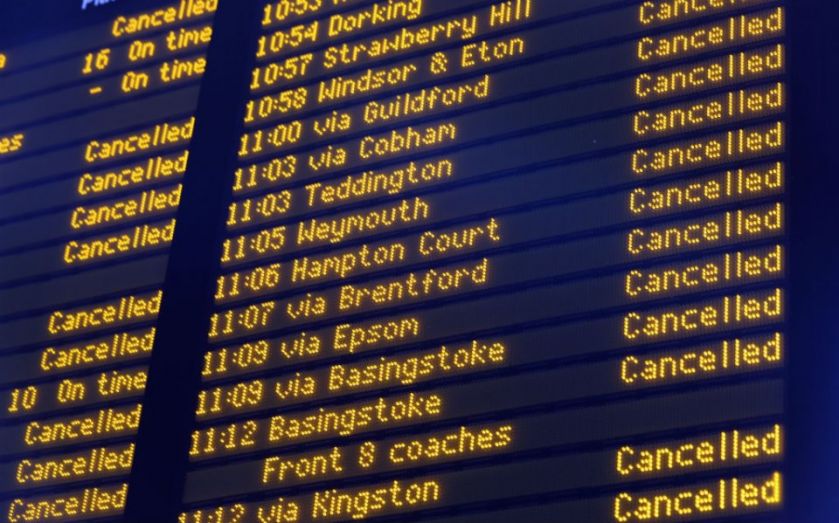
While rows between the government and unions are nothing new, this one encouraged me to get on my soapbox. According to a recent article by Rail Technolgy Magazine, the DfT has “called for new technologies to revolutionise travel for older people and those with disabilities, but the RMT has “reacted with disgust” to its suggestions that travel apps can replace staff.”
Jessie Norman, the future of mobility minister, set out how new technologies like self-driving vehicles and the increased use of mobile apps have the potential to transform travel for passengers with mobility issues. Speaking at an event in Bristol on the 14th May 2019, Norman today called these technologies to be a key consideration for those companies developing future transport in a bid to address “some unacceptable barriers to travel” those with disabilities or mobility issues face”.
However, this was disputed by the RMT union, who commented that the increased use of mobile apps is what it called a “cover for the continuing march towards a faceless railway where passengers with disabilities are denied access to services.” RMT general secretary Mick Cash said: “Travel apps and technology are all very well but it’s total drivel from Chris Grayling’s DfT to suggest that they are an alternative to having staff on hand to assist passengers with disabilities.”
Norman said that “the needs of older people, and those with visible or hidden disabilities, must be at the heart of all new modes of transport.” He also stressed how these new technologies could greatly improve the mobility of vulnerable user groups, “helping to address problems of isolation and loneliness across the country.”
While I have real sympathy for the concerns about understaffing on the railways, I do feel that the union official has misunderstood the role of apps or has confused the issue between assistance for physical disability and other disabilities.
JNCTION’s mission is to improve the experience for all rail passengers, and passengers with accessibility issues particularly need much more help.
For example, Aubin, our innovative journey planner app, has been developed to help make rail travel more accessible for autistic passengers. To make sure that we can actually achieve this Aubin has been developed based on research with autistic people and with leading charities such as the national autistic society. Our research has suggested that an app which is able to help autistic passengers cope with disruption on their journey and to avoid stressful routes such as very crowded, noisy or hot stations or underground routes would encourage autistic passengers to use the railways more, not less.
Jane Harris, director of external affairs at the National Autistic Society, made an excellent point when she said that public transport is “too overwhelming for far too many autistic people” due to unexpected delays or diversions and loud crowds, and said the government is right to prioritise this.
“This must mean that all future plans, modes of transport and technologies are shaped by the experiences and often hidden needs of autistic people and their families.”
Apps are not a replacement for the excellent work that rail staff do, but are enablers which can overcome barriers to travel for disabled passengers which are simply not possible without the use of this new technology.
Mike Lloyd, CEO of JNCTION

